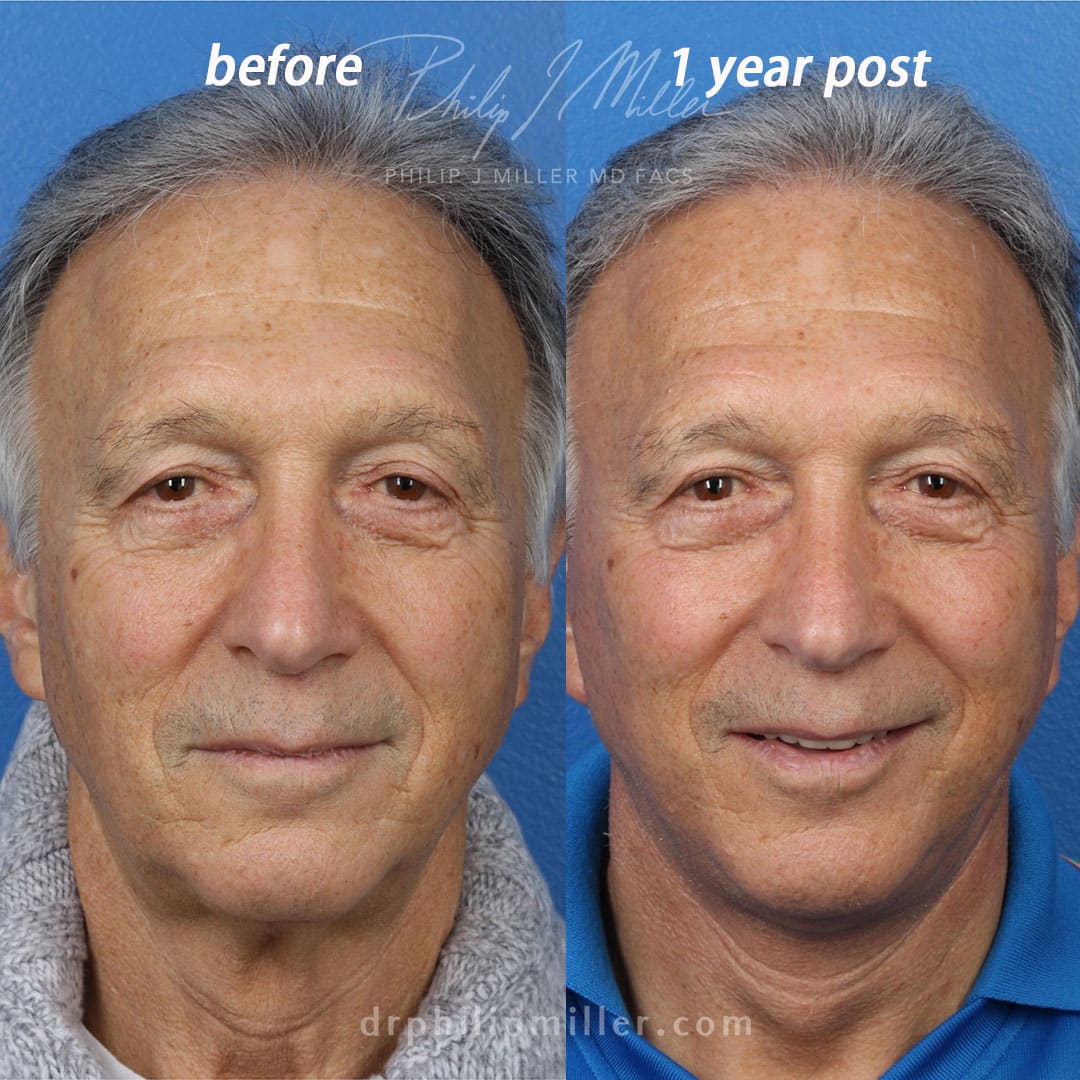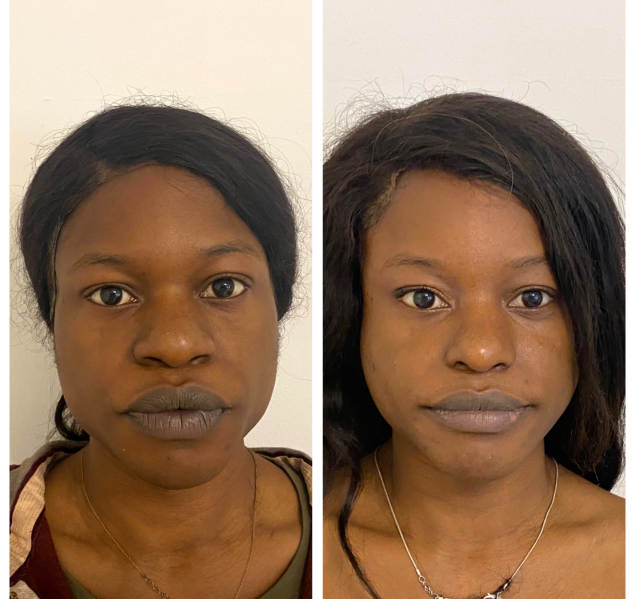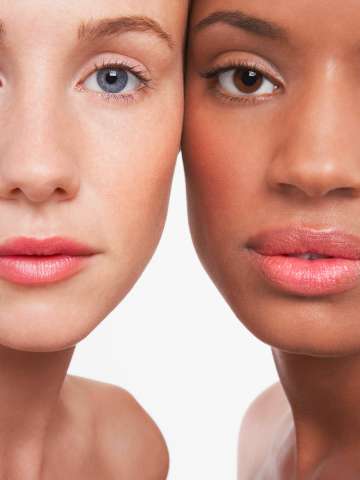Examining the Emotional and Social Variables That Drive People to Take Into Consideration Plastic Surgery as a way of Improvement
The choice to go after cosmetic surgical treatment commonly expands beyond mere appearances, linking with psychological and social dynamics that merit detailed evaluation. Factors such as self-confidence, prevalent societal appeal criteria, and the prevalent impact of social networks assemble to form specific inspirations for surgical improvement. As these influences end up being progressively popular, recognizing the underlying social and psychological contexts is vital. What stays to be discovered is the profound impact these elements have not only on individuality yet also on more comprehensive societal standards and worths bordering beauty and acceptance.
The Duty of Self-Esteem
Self-confidence dramatically affects a person's choice to pursue cosmetic surgical procedure. Individuals with low self-confidence commonly perceive themselves in a negative light, leading to sensations of inadequacy regarding their physical appearance.

Ultimately, the role of self-worth in the decision-making procedure regarding plastic surgery highlights the complicated interplay between body photo, individual fulfillment, and psychological wellness. Understanding this connection is important for health care specialists to ensure that people are making informed choices rooted in realistic expectations and emotional well-being.
Social Charm Standards
Influenced by prevalent media representations and cultural stories, social appeal requirements play a vital duty in shaping people' understandings of their own bodies. These requirements are frequently defined by an idealized kind of beauty that highlights characteristics such as youthful vigor, symmetry, and slimness. As these perfects are continued through numerous networks, consisting of marketing, movie, and television, individuals often internalize these messages, leading to dissatisfaction with their all-natural look.
The ramifications of these societal standards expand beyond visual choices; they can influence self-worth, mental health and wellness, and interpersonal connections. Individuals who view themselves as dropping brief of these criteria might experience sensations of inadequacy, triggering a need for plastic surgery as a method of accomplishing societal approval. This search is usually sustained by the idea that satisfying these perfects will certainly enhance not only physical look however additionally social standing and personal fulfillment.

Influence of Social Network
The impact of societal elegance standards is further enhanced by the surge of social media sites systems, where curated photos and idealized depictions of elegance are ubiquitous. Customers are frequently exposed to filteringed system and edited photos, which typically show unattainable physical attributes. This exposure grows a culture of contrast, leading people to examine their own look versus these frequently unrealistic standards.
Social network influencers and celebs often advertise aesthetic treatments, normalizing the concept that surgical enhancements are a viable means for achieving social ideals (plastic surgery rancho cucamonga). The exposure of these improvements can create a perception that undergoing plastic surgery is a standard practice, therefore affecting people to think about similar treatments as a path to enhanced self-confidence and social acceptance
Additionally, the interactive nature of social media permits instant feedback via likes and remarks, better reinforcing the navigate here desire to conform to prominent elegance criteria. Such communications can exacerbate feelings of inadequacy and drive people towards cosmetic surgical treatment as a way of acquiring validation. Inevitably, social networks plays a crucial role fit assumptions of charm, which dramatically influences the decision-making procedures bordering plastic surgery.

Social Point Of Views on Appearance
Across numerous cultures, assumptions of appearance are deeply rooted in historical, social, and economic contexts, shaping people' views on charm and charm. In several societies, look acts as a considerable pen of identity, influencing social condition, expert possibilities, and individual relationships. For example, in some societies, light skin is often related to wide range and privilege, while others might idealize darker skin tones as icons of stamina and credibility.
In addition, standard charm requirements are typically continued with social stories, media representations, and family affects, resulting in varying ideals throughout various areas (plastic surgery rancho cucamonga). In Western cultures, the focus on young people and physical fitness typically drives individuals toward aesthetic improvement, while in specific Eastern cultures, more subtle changes lined up with typical aesthetics might be chosen
Globalization and the expansion of electronic media have even more complicated these characteristics, producing a hybridization of beauty ideals that transcends geographical limits. As people significantly navigate these cultural stories, the stress to conform to details look standards can lead to the desire for plastic surgery, mirroring an intricate interplay of personal ambitions and social values. Comprehending these social point of views is necessary in addressing the motivations behind plastic surgery considerations.
Mental Impacts of Plastic Surgery
Several people seeking plastic surgery record experiencing extensive emotional impacts that can considerably change their self-perception and psychological wellness - plastic surgery rancho cucamonga. The need for physical improvement commonly comes from underlying concerns such as low self-worth, body dysmorphic problem, or societal stress regarding elegance criteria. For some, the prompt post-operative stage can lead to a momentary boost in positive self-image and complete satisfaction with their look, fostering a sense of empowerment
However, these favorable feelings might not be sustaining. Research study shows that while some patients experience boosted self-worth, others might encounter elevated anxiety or anxiety if their expectations are not fulfilled. This discrepancy can develop from unrealistic perfects continued by media representation and cultural resource narratives surrounding beauty.
Furthermore, the psychological ramifications of cosmetic surgical treatment expand past the person. Relationships with household and good friends might be strained as social characteristics change, leading to feelings of isolation or alienation. Ultimately, the emotional impacts of cosmetic surgical procedure are complex and intricate, requiring careful consideration by both potential people and doctor to make sure informed decision-making and practical assumptions.
Conclusion
In conclusion, the choice to pursue plastic surgery is dramatically affected by a combination of self-confidence problems, social appeal requirements, and cultural point of views on appearance. The prevalent reach of social media additionally worsens these pressures, promoting impractical suitables that people often strive to acquire. Understanding these social and mental factors is necessary for attending to the inspirations behind cosmetic surgery, highlighting the demand for an extra nuanced conversation surrounding charm and self-acceptance in modern culture.
The decision to seek cosmetic Continued surgical procedure commonly expands past mere aesthetic appeals, intertwining with emotional and social characteristics that warrant thorough examination. Inevitably, social media plays a critical duty in forming understandings of beauty, which dramatically influences the decision-making processes bordering cosmetic surgery.
As individuals increasingly browse these cultural stories, the stress to adapt to certain look requirements can lead to the need for cosmetic surgical procedure, mirroring a complicated interaction of individual goals and social worths.In final thought, the decision to seek cosmetic surgical procedure is dramatically affected by a mix of self-worth issues, societal beauty standards, and social point of views on look. Comprehending these social and emotional elements is vital for attending to the inspirations behind cosmetic surgical treatment, highlighting the need for a more nuanced conversation surrounding beauty and self-acceptance in contemporary society.